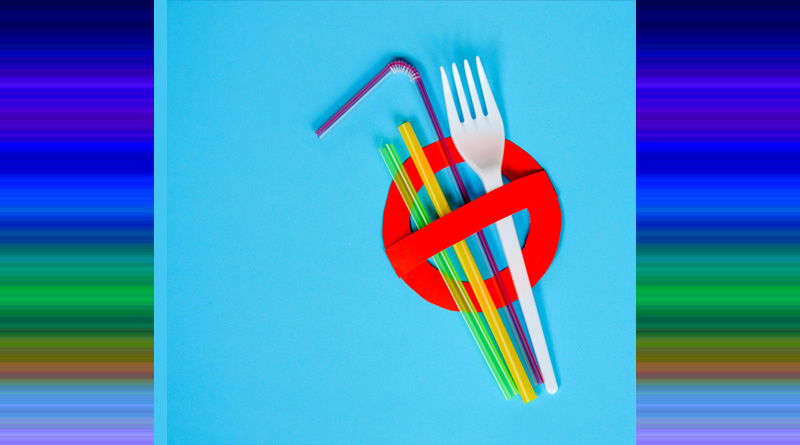

In this third article of our five part series, we bring to you the ways in which by refusing to use single use plastic one can contribute to a healthy and sustainable environment.
Single-use plastics are everywhere, from our houses to the streets, the beaches and as mentioned above at a high risk level in the oceans. Like most plastics, they are not biodegradable but they do undergo photodegradation after which they scatter into “microplastics” which prove even more harmful to the aquatic life cycle.
Another reason in the long list of reasons why there needs to be gradient change in our plastic use is the carbon emitted in the production and incineration of plastic. The carbon footprint of plastic (LDPE or PET, Polyethylene) is about 6 kg CO2 per kg of plastic.
Reusable Bags
Stock up your house and car with multiple reusable carry bags to avoid being forced to buy plastic bags. State interventions by mandating of laws banning plastic bag circulation, an initiative undertaken in major Indian cities most notably in the state of Maharashtra, or introduction of a substantial charge on plastic bags like in England which resulted in people carrying reusable cloth bags from home.
Say no to disposable cutlery
Refusing to use/accept plastic cutlery when eating outside or ordering in. Food Panda in Thailand recently launched an initiative which gave the customer an option to drop the plastic cutlery that is commonly provided with the food. Disposable cutleries that are shared by all food chains are a major reason for plastic pollution as they find their way into dumps and persist in the environment for hundreds of years. Plastic straws face an outright ban in most aware markets today
Reusable water bottle and coffee mug
Carrying our own bottles and coffee mugs will drastically reduce the number of throw away coffee cups that are near impossible to break down and also eliminate the need for plastic water bottles. A recent and most obvious solution to the billions of Styrofoam coffee cups that are being distributed globally. Trio-cups are a start-up that have come up with a cup made from compostable paper using origami to close the lid. Cities like London are establishing drinking water fountains all over again, to provide access to people carrying their own bottles, and reduce plastic bottle purchases.
No to disposable straws
Single-use straws have a huge pollution risk, metallic and/or bamboo straws are now available which will help reduce the number of plastic straws.
The Indian Federation of Green Energy (IFGE) and the Embassy of Nepal have jointly organized…
Saudi Arabia’s Forward7 Initiative—formerly known as the Clean Fuel Solutions for Cooking Initiative—has collaborated with…
In a significant move toward advancing green energy and industrial growth in the state, Himachal…
Golabl chemical conglomerate BASF has announced that its now offering the world’s first biomass-balanced polyethersulfone…
In a crucial stint to bolster the biogas sector and sustainable dairying in the country,…
TotalEnergies SE has received approval to proceed with its Middlebrook solar and battery project in…